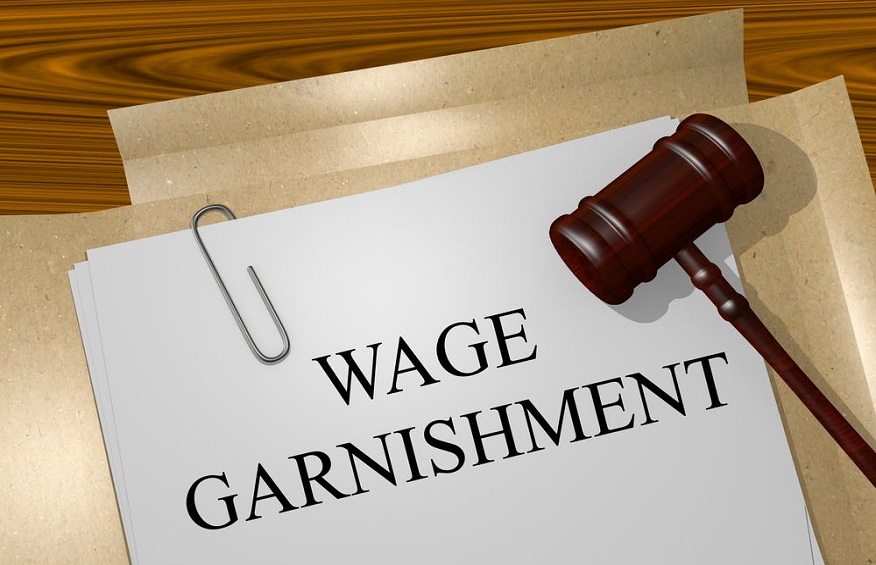Wage garnishment is just one of the collection options available to winning parties in civil lawsuits. It’s not always the best way to collect, but it is an option, nonetheless. The mere fact that wage garnishment is legal in most states leads to the following question: can it be applied to an independent contractor’s earnings?
The short answer is no. It is worth looking into the details to understand why this is so. It’s also worth noting there are other ways to employ garnishment without touching wages. There are even ways to collect unpaid debts that have nothing to do with garnishment.
The Basics of Wage Garnishment
Judgment Collectors is a Utah collection agency that specializes in judgments. They explain that wage garnishment is pretty straightforward in the states where it is allowed. Under a garnishment order, a judgment debtor’s (the losing party in a civil lawsuit) employer is compelled to withhold a certain amount from each paycheck until the debt is paid in full. This is possible through a continual garnishment order.
Wage garnishment is utilized to collect awards related to civil judgments. But it can also be used to collect unpaid maintenance and child support payments. Federal and state taxing authorities can use garnishment to settle tax debts.
The Employer-Employee Relationship
At the heart of wage garnishment is a legally recognized relationship between employer and employee. That relationship is governed by an at-will contract the two parties enter into at the time of hire. Here is the thing with wage garnishment: it can only be applied to circumstances in which such a relationship exists.
There is no employer-employee relationship between a company and its independent contractors. By definition, independent contractors are not employees. They are exactly what their name implies. They are also self-employed individuals. And as long as they operate as sole proprietors, they don’t earn wages. They get paid for services rendered.
As such, a contractor’s income is legally classified as business income rather than wages. It falls outside the purview of traditional wage garnishment laws. However, there are exceptions to the rule.
An independent contractor who fails to make child support payments can have his business income garnished. Likewise for the contractor who owes federal or state taxes. A small number of additional federal and state debts can be recovered by garnishing a contractor’s business income.
Garnishing Bank Accounts
Just because an independent contractor’s earnings cannot be garnished as wages, this doesn’t mean garnishment is completely off the table. Many states allow garnishing bank accounts. The principle is pretty much the same except for the fact that the contractor’s bank is involved rather than an employer.
Under a garnishment order, the bank would be compelled to seize a certain portion of the contractor’s deposits for payment of his debt. This tends to be a one-off scenario in most cases for the simple fact that a contractor is likely to avoid future deposits if he knows they are subject to garnishment.
Possible but Difficult
The best way to sum all of this up is to say that garnishment is a possibility when dealing with a contractor who has lost a civil court case. It is possible but still difficult. Judgment creditors researching the best collection methods could probably find better ways to go about it than garnishment.
In cases where contractors do not have any valuable assets and few resources to pay, garnishment may be the only choice. It is certainly better than nothing at all. But if a judgment creditor could work out a payment plan, that might be better still.






More Stories
Navigating Legal Challenges: Choosing the Right Attorney in Oklahoma
The Potential Legal and Financial Consequences of Operating a Business Without the Necessary Permits
Do You Know the 4 Ways to Obtain a Judgment in Civil Court?